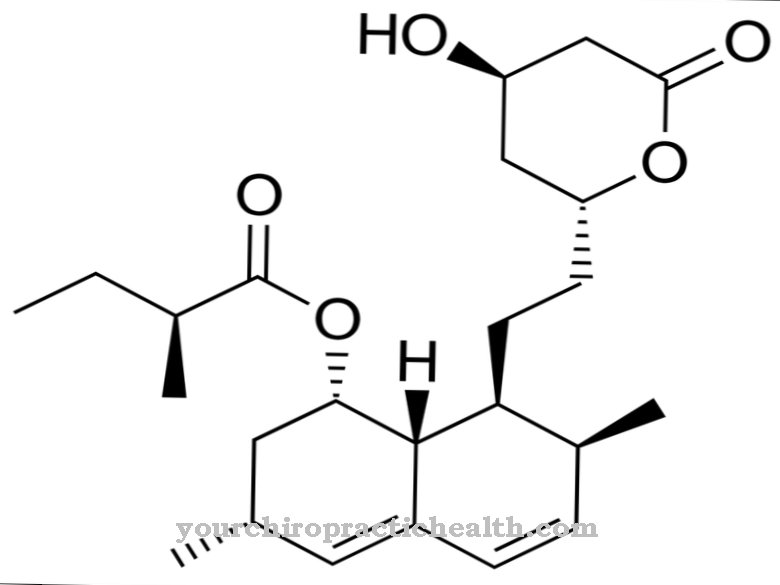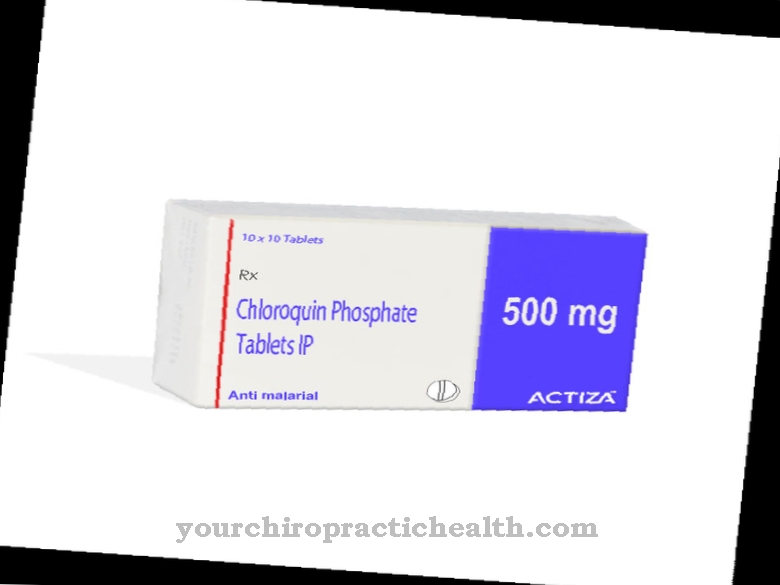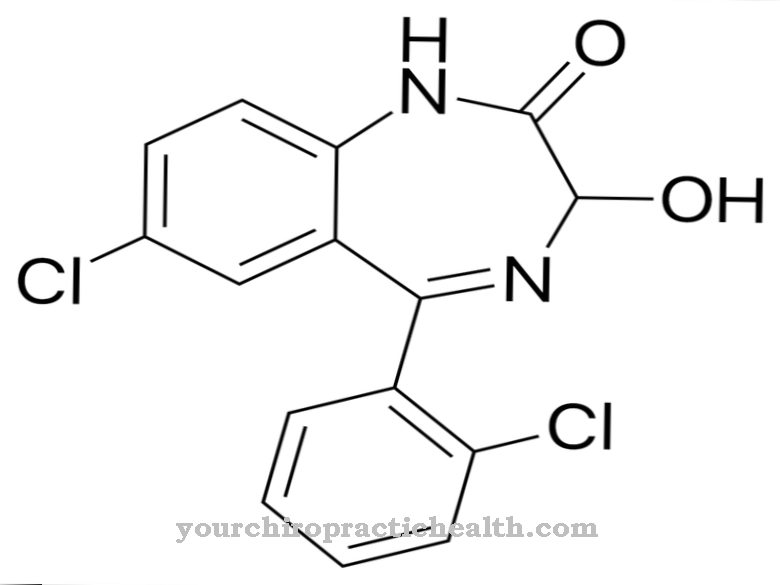At Alirocumab is an experimental drug against hypercholesterolemia. It is one of the monoclonal antibodies. Alirocumab was presented in May 2013 at the “Pharmacon Meran” by the Austrian scientist Manfred Schubert-Zsilavecz.
What is alirocumab?

Alirocumab works as an inhibitor of the human enzyme proprotein convertase subtilisin / kexin type 9 - PCSK9 for short. This is involved in the regulation of the cholesterol metabolism. Regeneron Pharmaceuticals developed alirocumab.
In phase III studies (ODYSSEY), together with the company Sanofi, it analyzed the possible application for the treatment of severe and familial hypercholesterolemia. In four phase III studies, alirocumab was able to reduce the harmful LDL cholesterol levels significantly in different patient groups.
In addition, the data obtained suggest that the PCSK9 inhibitor is also suitable for treating cardiovascular disorders. In the studies, alirocumab was shown to be well tolerated and with few side effects.
Pharmacological effect
The PCSK9 enzyme regulates the LDL cholesterol level. In doing so, it prevents the reuse of the LDL receptors. The LDL receptors bound to the PCSK9 are broken down. That is why they do not get back to the surface of the cells of hepatocytes to absorb the LDL cholesterol located there.
Conversely, PCSK9 inhibition promotes reuse of LDL receptors. You can then use their cholesterol-binding ability to further reduce LDL cholesterol. These LDL receptors, which are now increasingly available, absorb the harmful LDL cholesterol from the blood, so that the LDL cholesterol level drops.
Alirocumab should be injected subcutaneously every 14 days. The active ingredient has great additive effects to statins.
The innovative drug has been extensively and successfully clinically tested with various patient populations and in variable constellations. The 720 patients in the study were people on statins such as atorvastatin and rosuvastatin. 90% of the study participants suffered from coronary artery disease (CHD), around 30% had type 2 diabetes mellitus.
A randomized allocation of the participants in a ratio of 2: 1 prescribed therapy with alirocumab or with ezetimibe. Currently (February 2015), the 104-week study is still running. The intended goal of being able to demonstrate the superiority of alirocumab has already been achieved. The drug reduced baseline LDL levels to an average of 50.6% after 24 weeks, while the comparison group with ezetimibe only managed a reduction of 21%. With regard to the safety profile, both lipid-lowering drugs were on par.
Medical application & use
Alirocumab sets new standards in therapy for lowering high LDL cholesterol levels. Particularly at risk patients with LDL hypercholesterolemia and a high cardiovascular risk should try to achieve a target value of less than 100 mg / dL or <2.6 mmol / L.
Patients with an extra high risk are even advised to come below 70 mg / dL or <1.8 mmol / L. In particular, patients with familial hypercholesterolemia find it very difficult or impossible to achieve these goals. A high LDL cholesterol level is a direct cardiovascular risk factor. However, the average LDL cholesterol level in high-risk patients is 127 mg / dL.
So far, hypercholesterolemia has been treated with statins. This limited the possible positive effect from the outset, since a doubling of the statin dose often results in only a slight decrease in lipids. Unwanted side effects, especially those affecting the muscles, also limited the options for increasing the dose.
Alirocumab closes the treatment gap that opened up when statin therapy failed to drastically lower the LDL cholesterol levels in high-risk patients with hypercholesterolemia and in patients with genetic hypercholesterolemia. In some people, a mutation can be the cause if LDL cholesterol is not sufficiently reabsorbed by the cells from the blood. Statins work only inadequately - in contrast to alirocumab.
Risks & side effects
The new drug alirocumab is currently still in the experimental stage. It can also be successfully administered in addition to statins. Alirocumab proved to be well tolerated in the studies. Further research into treatment with alirocumab remains to be seen. A large-scale recruiting phase is currently underway (February 2015), the results of which are expected in 2018.



























